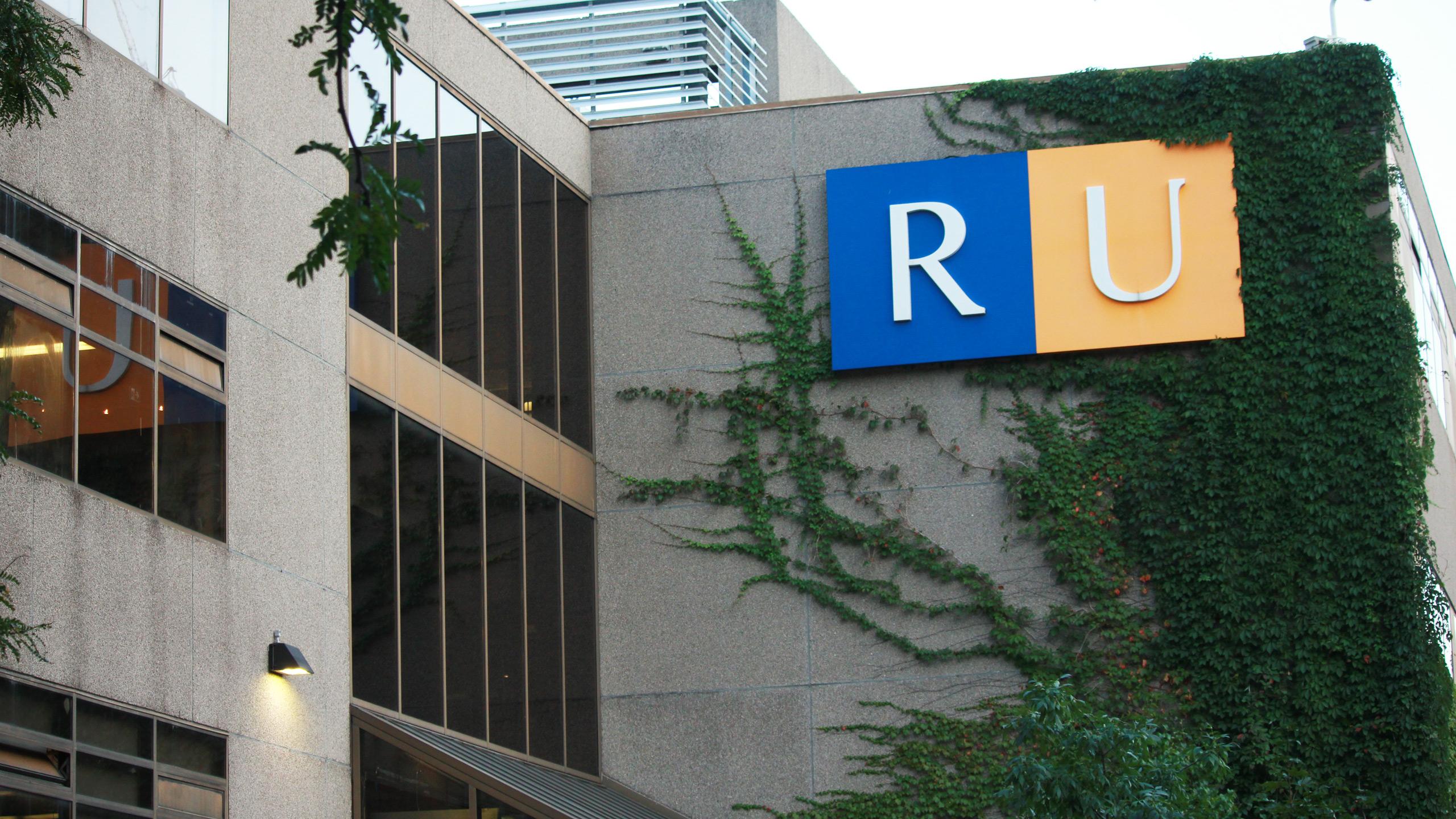By Yasmine Elkhouly
Although it hasn’t officially been announced, Ryerson University has planted the seeds for an in-person return for the upcoming winter 2022 semester. The extended hiatus from in-person classes has made many students eager to get back, while others have some concerns.
Shawn Hereema, a first-year journalism student, said he took a gap year between high school and university to avoid online classes, adding that he wanted to make friends with people in his program.
“I’ve had enough of studying on my own in my room,” he said.
Mohammed Ismail, a third-year industrial engineering student currently living in Qatar, said he thinks the social and networking aspects of returning to campus will be beneficial as having to do them online proved to be difficult.
“It is much harder to network with people when [school] is online, especially when you are in your third year and trying to find co-op placements or internships,” said Ismail.
In an email sent to students on Oct. 20, vice-provost, students Jen McMillen wrote, “the university has been planning for a broader return in January 2022.” The school has also listed detailed information on mask policies, vaccination policies, and other measures that the university has put in place to curb the spread of COVID-19.
“Students can expect to get full details about their specific classes in the coming weeks, we expect that most classes will involve in-person learning,” McMillen added in the email.
Some community members said they are frustrated with the uncertainty and lack of communication from the university.
Eden Chekol, a third-year politics and governance student, said she is both “thrilled” and “nervous” to be back on campus, especially since she grew frustrated by the lack of reduction in tuition costs during online learning.
“It is unreasonable to expect students to pay the same when 75 per cent of what we’re paying for is compromised. I’ve had teachers upload 12 hour videos at the beginning of the semester and be virtually inaccessible for the remainder of the semester,” she said.
“The commute will suck but that is very much worth it in my opinion. This will be the first time we can enjoy the renovations [Ryerson] spent years doing.”
Similarly, Ismail said he is frustrated with the “lack of transparency and the absolute vagueness” of the statements released by the university. With his family experiencing financial hardships, Ismail said the lack of transparency from Ryerson puts his entire family under a lot of stress.
He added that he has sent several emails to the university to gain clarity on how much time students will be given in order to do things like book plane tickets, sign new leases, and make other arrangements for the winter semester.
Ismail also said he is concerned about the school’s safety measures in the event that classes go back to in-person, prompting the questions, “what happens to me as a student if I end up getting COVID? Do I have an online option for the weeks that I’ll be quarantining or will I not have that option?”
Associate professor at the School of Journalism Adrian Ma said he’s looking forward to getting back on campus and added,“as we go forward with this, the university should clearly communicate its positions and policies and keep a constant, open dialogue with students, staff and faculty about their concerns.”
“It’ll be great for our students to have more opportunities to connect in real life with their classmates and teachers and have that campus experience,” said Ma.
Following the 19-month hiatus from in-person delivery, Ryerson announced that as of Oct. 18, community members are required to get vaccinated in order to be on campus. Community members can only access campus buildings with their OneCards, completing health screenings each time they enter a building, wearing masks indoors and physically distancing themselves. Each department is also subject to their own protocols.
Some students said they haven’t gotten familiar with Ryerson’s campus yet and will struggle to make accommodations in the period of time left before next semester.
Alisha Oberoi, a first-year accounting and finance student, said she recently received an email from the Ted Rogers School of Management that noted the faculty would be 85 per cent in-person next semester.
Oberoi said she has no idea if her classes will be available online and the stress of having to find somewhere to live during exam season is intimidating.
“I live two hours away from campus, so I need to figure out where I’m going to live if classes end up being in-person,” she said, mentioning that she has only been to campus once and doesn’t “want to navigate campus and downtown Toronto when it is cold and dark outside.”
Returning to campus will also mean a substantial shift for professors who haven’t taught in person for over a year. “There are times I find working remotely to be a very transactional feeling,” said Ma, who added that the return to campus will make teaching more technical courses easier.
Ryerson health psychology professor Trevor Hart said: “I would like to get back to face-to-face interactions with students, as I believe they facilitate learning and a good course experience.” However, Hart said he also shares the same sentiment with students who fear the uncertainty within the pandemic.
“However, I do worry about the potential of COVID-19 spreading if cases start to rise again in the winter.”
“There’s so much information that they are not giving us, so we are just left there clueless,” Ismail said.
Nevertheless, Ma said an in-person return is feasible if the university remains vigilant and transparent with its students.
“Things can worsen rather quickly. The policies need to be constantly reevaluated and contingency plans need to be made so the university can adjust effectively to keep people safe.”










Leave a Reply